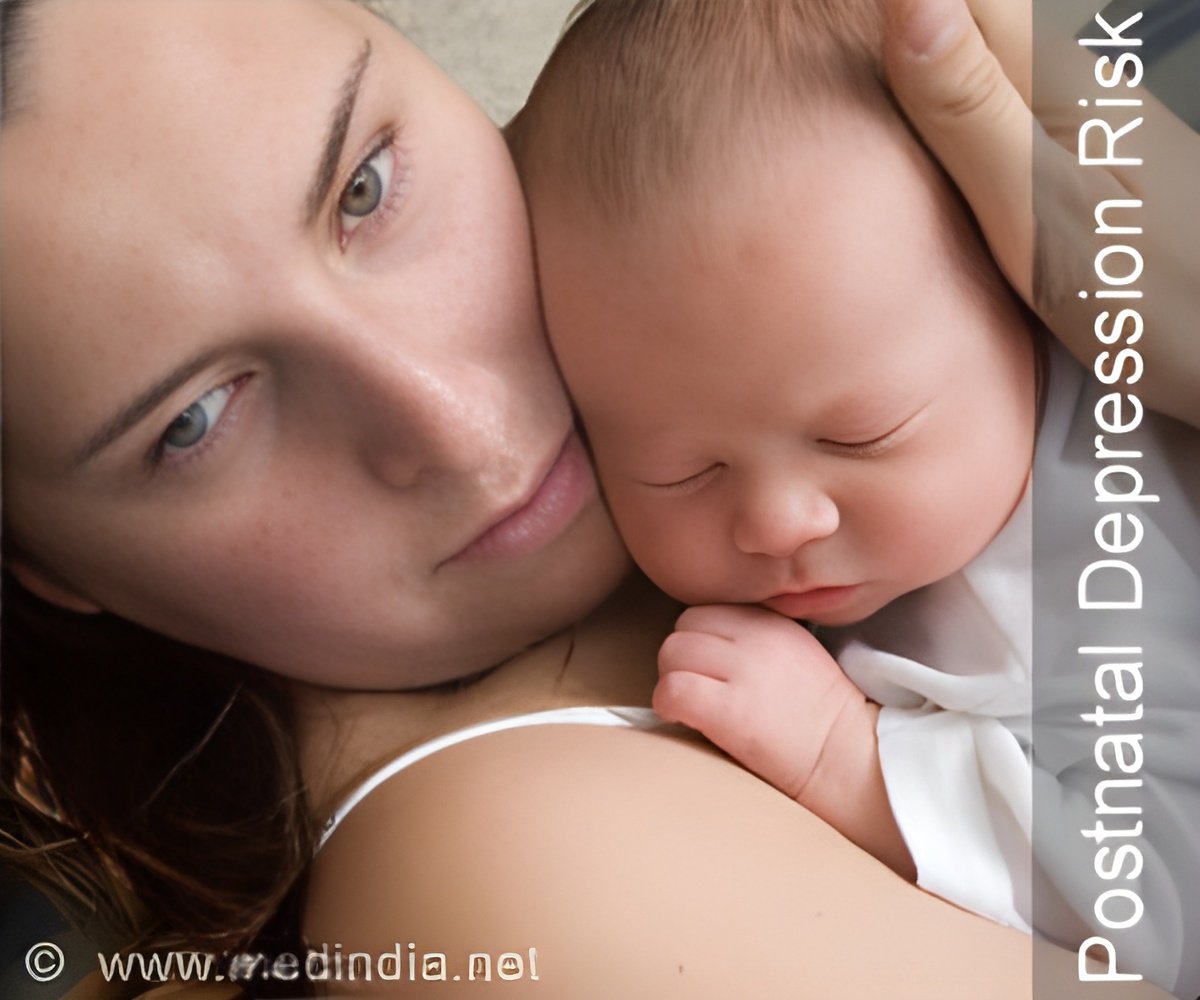
A different male rat was placed in the cage of the first-generation mothers and their newly born pups for an hour a day for 15 days. Consistent with previous research, the lactating mother rats responded to the stress of the intruder with depressed maternal care, impaired lactation, and increased anxiety. The pups of these mothers were also exposed to the conflict between their mothers and the male intruders.
After reaching maturation, second-generation females were mated and compared to a control group where neither the mother nor the pups had been exposed to a male intruder.
The second generation mothers that experienced the early life stress also displayed depressed maternal care, impaired lactation, and increased anxiety. There were also changes to hormone levels: an increase in the stress hormone corticosterone, and decreases in oxytocin, prolactin and estradiol.
C. Nephew, Ph.D., principal investigator of the study, said that the endocrine and behavioral data are consistent with what has been reported in studies of depressed human mothers.
The study was published in journal Hormones and Behaviour.
Advertisement














